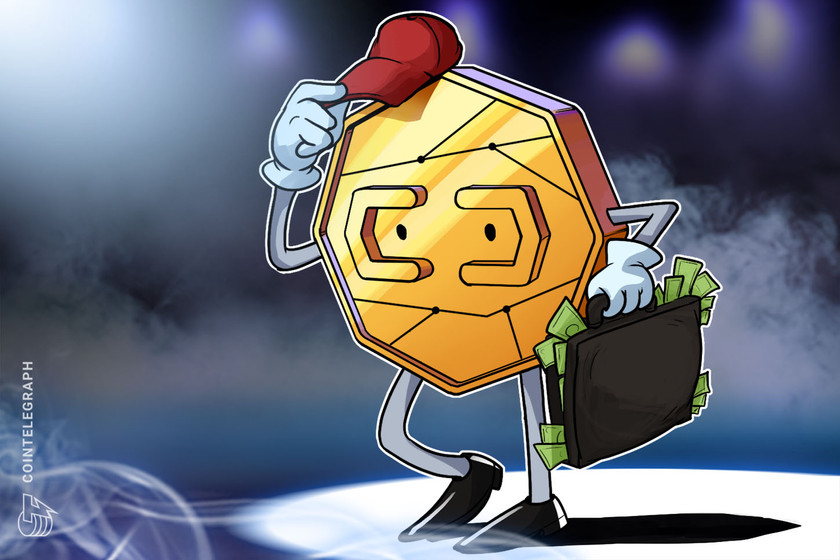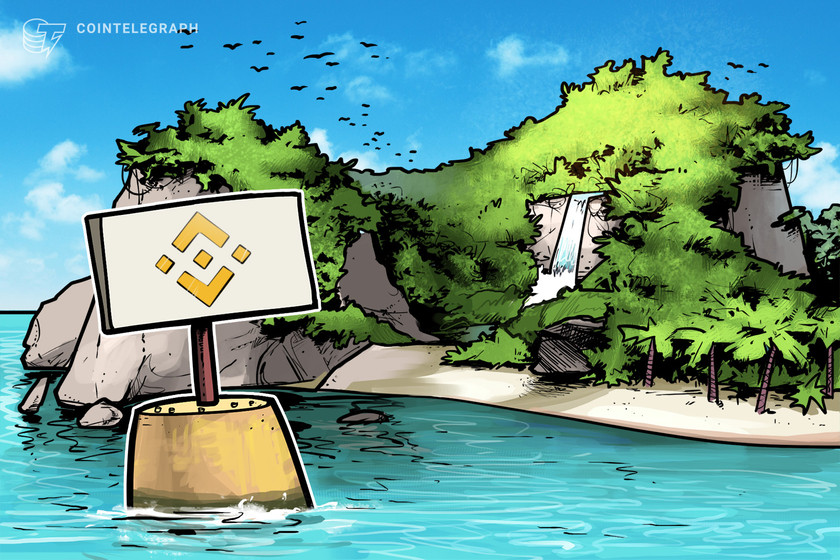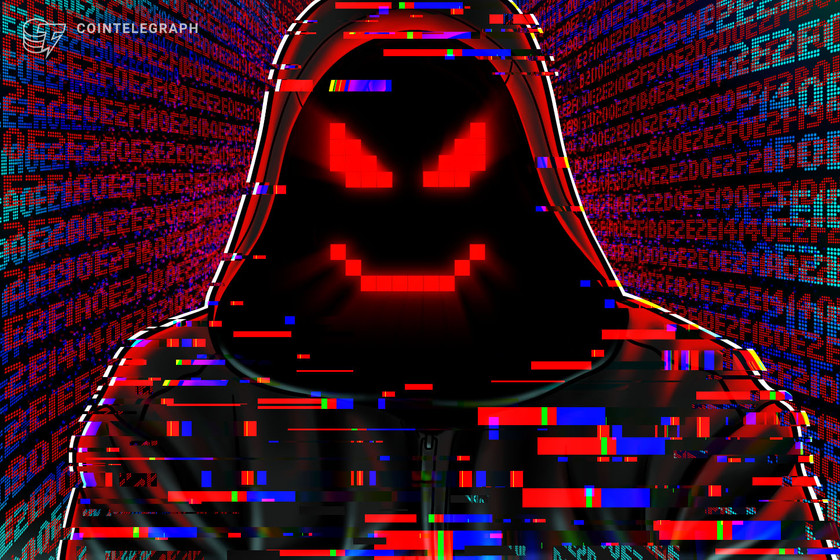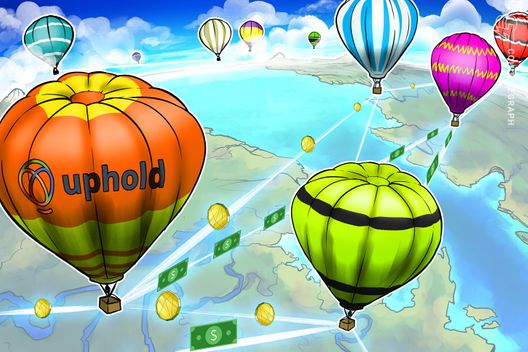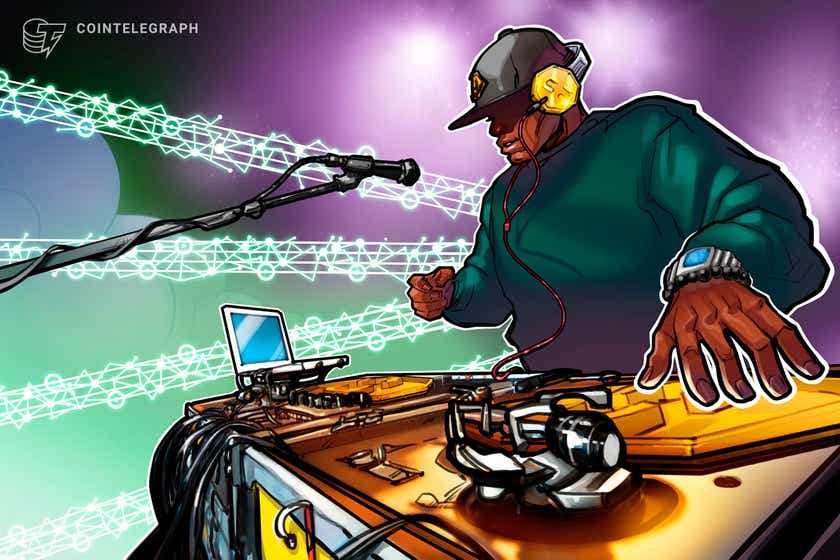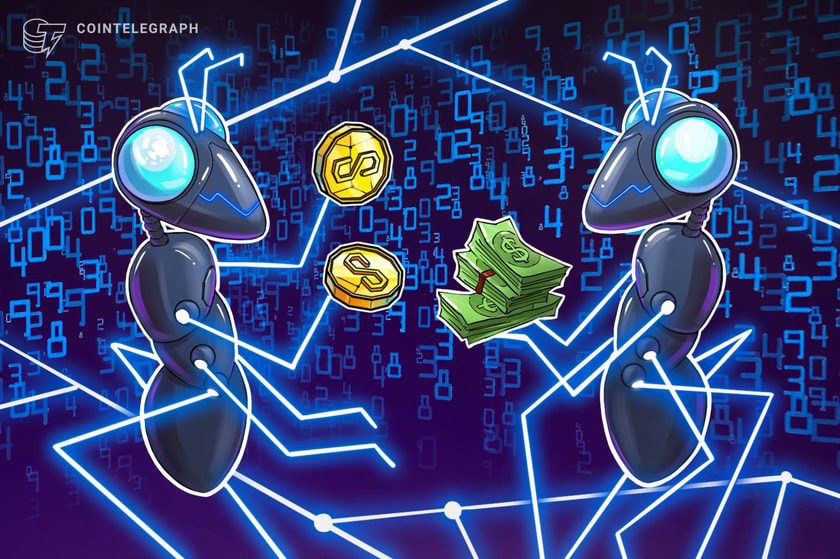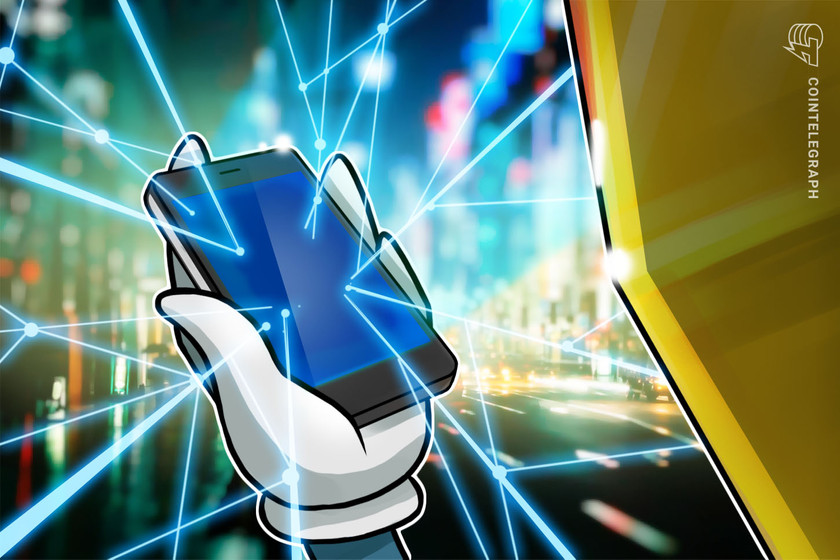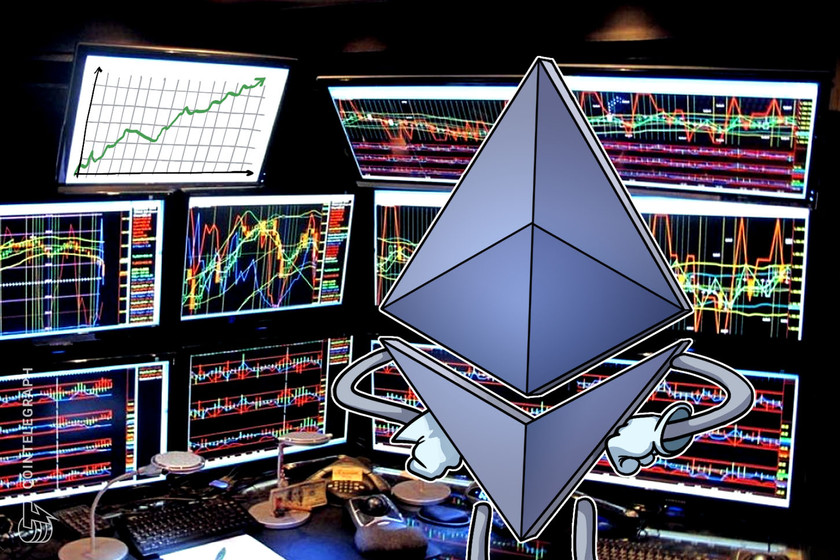The Future of Peer-to-Peer Online Learning Amid the COVID-19 Pandemic
The coronavirus pandemic is transforming the education sector as much as it is transforming various important aspects of our lives. The majority of teaching and learning has been transferred to digital platforms as many cities remain in quarantine or begin to ease lockdown restrictions. But the education sector will never be the same again.
What is peer-to-peer learning
Education is going through several developments and changes. These changes were accelerated over the last few months by the COVID-19 pandemic. However, the novel virus did not outrightly halt the delivery of education. It merely demanded new ways of delivering and receiving learning content. One of those ways includes peer-to-peer learning, which has been around for some time.
In a formal classroom setting, an educator shares knowledge with students. In peer-to-peer learning, students share knowledge with other students. P2P learning extends to workplaces and industries. It should be noted that peer-to-peer learning is supplemental learning and not meant to replace formal education.
Benefits of peer-to-peer learning
Peer-to-peer learning should provide benefits to those who share and receive knowledge. Students need to learn as much as they would if they were in a formal classroom. The same applies to workers who have to acquire as much knowledge as they would from a hired external expert. Some of the benefits of this kind of learning include:
- A study, conducted by Degreed, found out that employees prefer to learn new things from their peers rather than approaching their bosses.
- Peer educators understand what learners go through every day. They know the experiences that learners face and this gives them an edge over external trainers or teachers.
Peer-to-peer learning is changing as the online education sector grows. Some students prefer to watch video content instead of reading notes. The same thing can be said for young professionals who are likely more interested in watching practical projects in advancing their careers. Peer-to-peer learning platforms are aimed to bridge this gap by providing practical step-by-step learning content delivered in video format.
The rise of blockchain in education
Blockchain technology has been called a hammer looking for a nail because of its ability to solve problems found in many industries. Blockchain’s use cases in education are as important as the technology’s application in finance and payments. The technology’s applications in education include identity management, verification of degrees and certificates, cloud storage, record management, digital rights protection, security and tracking donations made to educational institutions.
An increasing number of students are taking online courses. More than 6 million Americans are taking online classes and looking forward to getting degrees. Some of the online students are career professionals who are either looking to switch or accelerate their careers. This growing number of online students could easily pave the way for counterfeit degrees and certificates. The University of St. Gallen in Switzerland introduced a blockchain pilot project to verify the authenticity of its degrees. Using such a system would reduce the amount of time required to verify degrees from a few days to just seconds.
Students have lots of records to keep. These include attendance, modules, grades and even payments, among others. Instead of these records belonging to institutions, they can be recorded on the blockchain, where the data is immutable. The students can access their data whenever they want without going through the hustles of contacting their alma mater. The University of Nicosia in Cyprus has developed a blockchain system to store students’ information such as grades, certificates and more.
Blockchain is still an emerging technology and its true potential and limitations are yet to be fully explored. The technology will likely have more use cases in the education sector in the future. What is clear so far is that the coronavirus pandemic has shown the need for new, innovative ideas in the delivery of education. Students need a new way to learn while young workers could use online platforms to advance career skills.
The views, thoughts and opinions expressed here are the author’s alone and do not necessarily reflect or represent the views and opinions of Cointelegraph.
Michael J. Garbade is the co-founder and CEO of Education Ecosystem. He is a serial tech entrepreneur who formerly worked at Amazon, General Electric, Rebate Networks, Photobucket and Unicredit Group. Garbade has experience working in the United States, Europe, Asia and South America.

